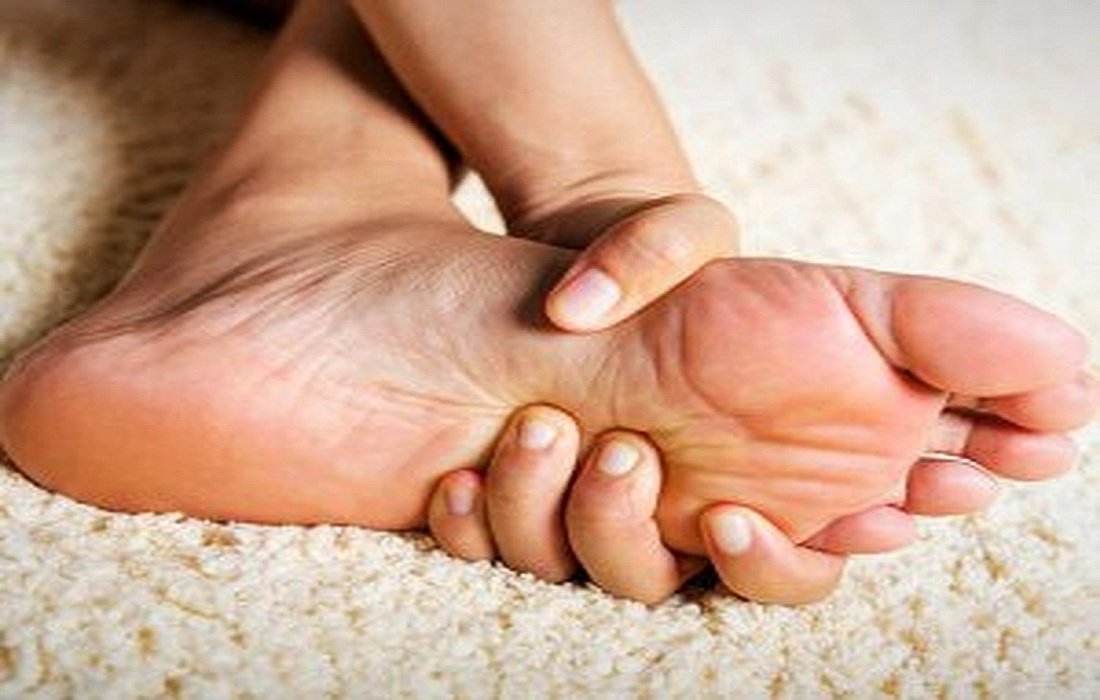Major Causes and ReasonsItchy Feet
The feet are more exposed to allergens, insects, and fungi than any other part of the body, which can lead to itching. Additionally, the feet spend a long time inside socks and shoes, creating a warm and humid environment where bacteria and fungi can thrive.
The most common cause of foot itching is contact dermatitis, fungal infections such as athlete’s foot, or insect bites such as those from spiders and mosquitoes, which can lead to rashes and sensitivity.Skin ItchingThis will happen on the feet.
In some cases, conditions such asDiabetesand kidney or liver issues may cause inflammation and affect nerves, leading to foot itching. However, many types of foot itching can be relieved with topical anti-itch medications, oral medications, antifungal drugs, or topical steroids. We will explain this in detail in the health section of SelMagz.SelMagzWe will provide detailed explanations about this.
Liver DiseaseWhen the liver does not function properly, a yellowish substance called bilirubin accumulates in the blood, which occurs when red blood cells have broken down. When bilirubin levels are too high, the skin becomes itchy and yellow. Symptoms include:
Skin Itching
- Yellowing of the Skin
- and EyesAbdominal Pain and Swelling
- Swelling in the feet and ankles
- Darkening of Urine
- Chronic Fatigue
- Nausea
- Vomiting
- Treatment for Liver Disease
If you exhibit symptoms of liver disease,
Blood testsorCT scansandultrasound scanswill be prescribed. Liver diseases causing itching are usually treated with dermal moisturizers, over-the-counter medications, or antihistamines, and in more severe cases, radiation therapy may also be used.Athlete’s Foot
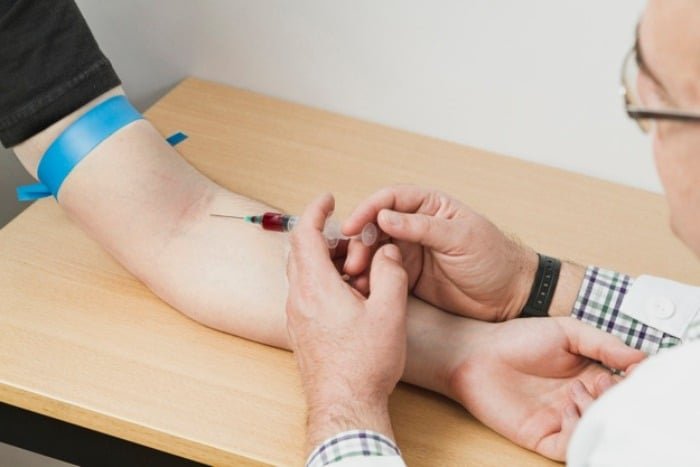
Athlete’s foot is a common fungal infection that affects the feet and toes, often occurring when walking barefoot in public areas, around swimming pools, or gym mats. Symptoms typically include:
Itching or redness of the foot or between the toes
- Peeling skin on the feet
- Treatment for Athlete’s Foot
Athlete’s foot is treated with over-the-counter medications and antifungal creams. Since fungi can survive in socks and shoes, it is recommended to wash your feet and socks in hot water, and be sure to disinfect your sports equipment and avoid walking barefoot in public areas like pools.
Eczema
Eczema is a common condition, especially among children, and can also affect some young adults. It usually occurs on the feet and hands, due to a deficiency of certain molecules that help hydrate and maintain skin moisture, leading to reduced skin moisture and symptoms such as itching. Symptoms of eczema include:
Itching and redness of the soles or tops of the feet
- Formation of water-filled blisters on the toes or edges of the feet
- Treatment for Eczema
In such cases, it is recommended to use oil-based moisturizers like
Vaseline. Topical steroids or over-the-counter medications are prescribed to reduce inflammation and itching in these situations.Antihistaminescan also help improve itching in this area. If eczema is severe, immunosuppressive oral medications, ultraviolet therapy, or injectable medications may be used.Contact Dermatitis
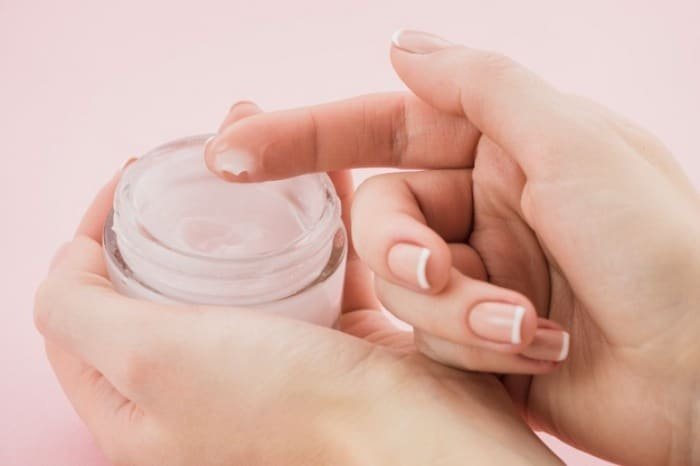
Contact dermatitis is a type of skin reaction to allergens, often caused by the materials in shoes, typically plastic or leather, which a dermatologist must diagnose; you need to know what you reacted to. Symptoms include:
Itching and redness of the feet
- Peeling skin or rashes on the feet
- Swelling or burning of the feet
- Treatment for Contact Dermatitis
Treatment includes avoiding all allergens and using
hydrocortisone creamor antihistamines to eliminate itching; sometimes a doctor may also prescribe topical steroids.Psoriasis
Psoriasis is an autoimmune disease that affects certain areas of the skin, such as the edges of the feet, occurring when the immune system mistakenly attacks the skin and stimulates skin cells to regenerate faster than they should. The exact cause of this attack is unknown, but genetic and environmental factors play a significant role. Symptoms of
Psoriasisinclude:Itching and redness of the feet
- Development of thick, silver scales on the feet
- Formation of pus-filled bumps on the edges of the feet
- Yellow, thick but brittle nails
- Joint pain or back pain
- Treatment for Psoriasis
There is no specific treatment for psoriasis, but topical steroids and oral medications can help improve this condition to some extent.
Hives
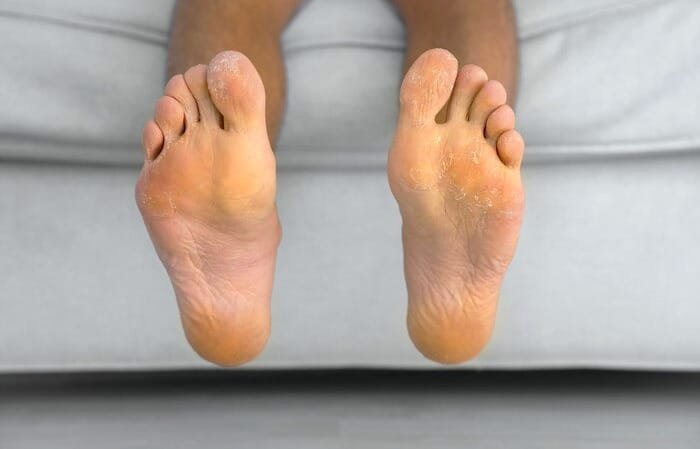
Hives indicate swelling of the skin that is usually accompanied by itching, caused by consuming a certain food or medication. Viral infections and autoimmune diseases can also cause hives, which typically last less than 24 hours and include:
Itching and reddening or pinking of the skin accompanied by slight bumps
- Red spots on the skin
- Burning sensation on the skin
- Treatment for Hives
Sometimes, hives can also cause serious allergic reactions, with individuals feeling swelling on their tongue or lips, leading to issues such as breathing difficulties and
diarrhea. Usually, mild hives are treated with over-the-counter antihistamines, but if symptoms worsen after a week and interfere with your life, a doctor may prescribe specialized medications.Scabies
Scabies occurs when a tiny insect bites the skin, and it is a communicable condition; it spreads quickly through contact with groups of people. The rashes are often found on the edges of the skin. Symptoms include:
Severe Itching
- Red spots
- Treatment for Scabies
This condition is usually treated with topical or oral medications. Doctors may prescribe topical steroids to help ease itching. It’s important to wash your clothes in hot water since scabies are contagious and may continue to itch for weeks after the bug bite.
Kidney Disease
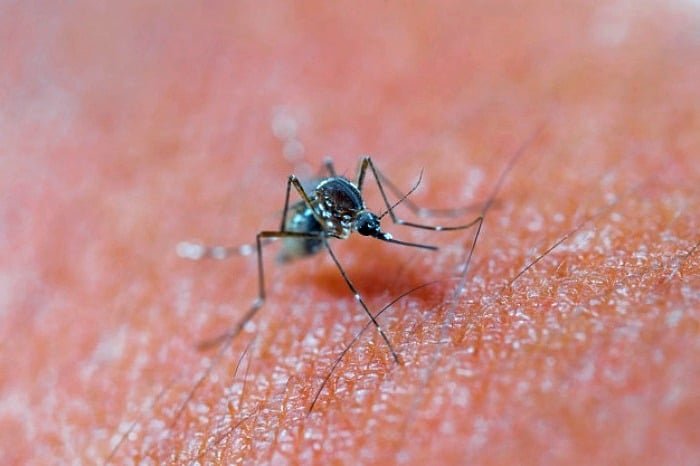
When the kidneys do not function properly, this leads to the accumulation of a specific substance called urea, which is not adequately filtered, resulting in severe itching on the palms or sides of the feet, especially at night. Symptoms include:
Itching and
- Dry SkinNausea
- Vomiting
- Loss of Appetite
- Fatigue and Weakness
- Changes in Urine Color
- Muscle and joint pain
- Swelling in the feet and ankles
- Treatment for Kidney Disease
If you have these symptoms, a doctor will likely prescribe urine or blood tests to determine why your kidneys aren’t functioning well. Treatment for itching involves over-the-counter pain medications and oral antihistamines.
Neuropathy
Neuropathy refers to malfunctioning nerves that can occur anywhere in the body and may affect the hands and feet. In this condition, the immune system releases substances that lead to nerve sensitivity and itching. Symptoms include:
Itching
- Numbness
- Tingling sensations in the feet
- Burning pain
- Sensitivity to touch
- Loss of coordination and risk of falling
- Treatment for Neuropathy
Treatment for neuropathy includes the use of over-the-counter pain medications and topical treatments to numb the nerves and reduce itching and pain.
When to See a Doctor?
If foot itching lasts more than two weeks.
- Itching that occurs during
- PregnancyItching that is severe and keeps you awake at night.Itching that does not improve with over-the-counter pain medications.
- If you have symptoms of kidney and liver disease such as swelling in the hands, feet, abdomen, yellowing of the skin and eyes, or decreased frequency of urination.
- Get Tested
- Diagnosing Liver Disease with Blood Tests



